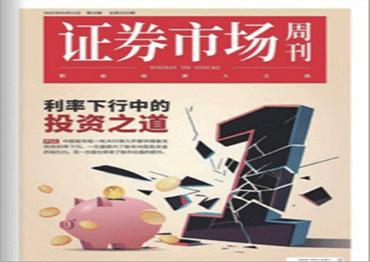With a drop in China’s deposit rates and loan prime rate in May, domestic mutual funds are expected to attract more individual investors to explore alternative approaches for wealth management. Meanwhile, when the risk free interest rate declines, valuations of China’s A and H shares are expected to increase, particularly for blue-chip and growth stocks. In December 2024, China for the first time in 14 years adopted a moderately accommodative monetary policy in response to internal and external pressures. Learning from the developed world, a market rate decline can trigger growth in the country’s competitive sectors such as consumer discretionary spending, science and technology, manufacturing and healthcare services, though with the necessary prerequisite of a solid fundamental recovery. After individuals return to buy stocks, market fluidity and short-term resilience can be improved, but economists are still concerned about the potential risks of micro-trading for small investors.

 Old Version
Old Version